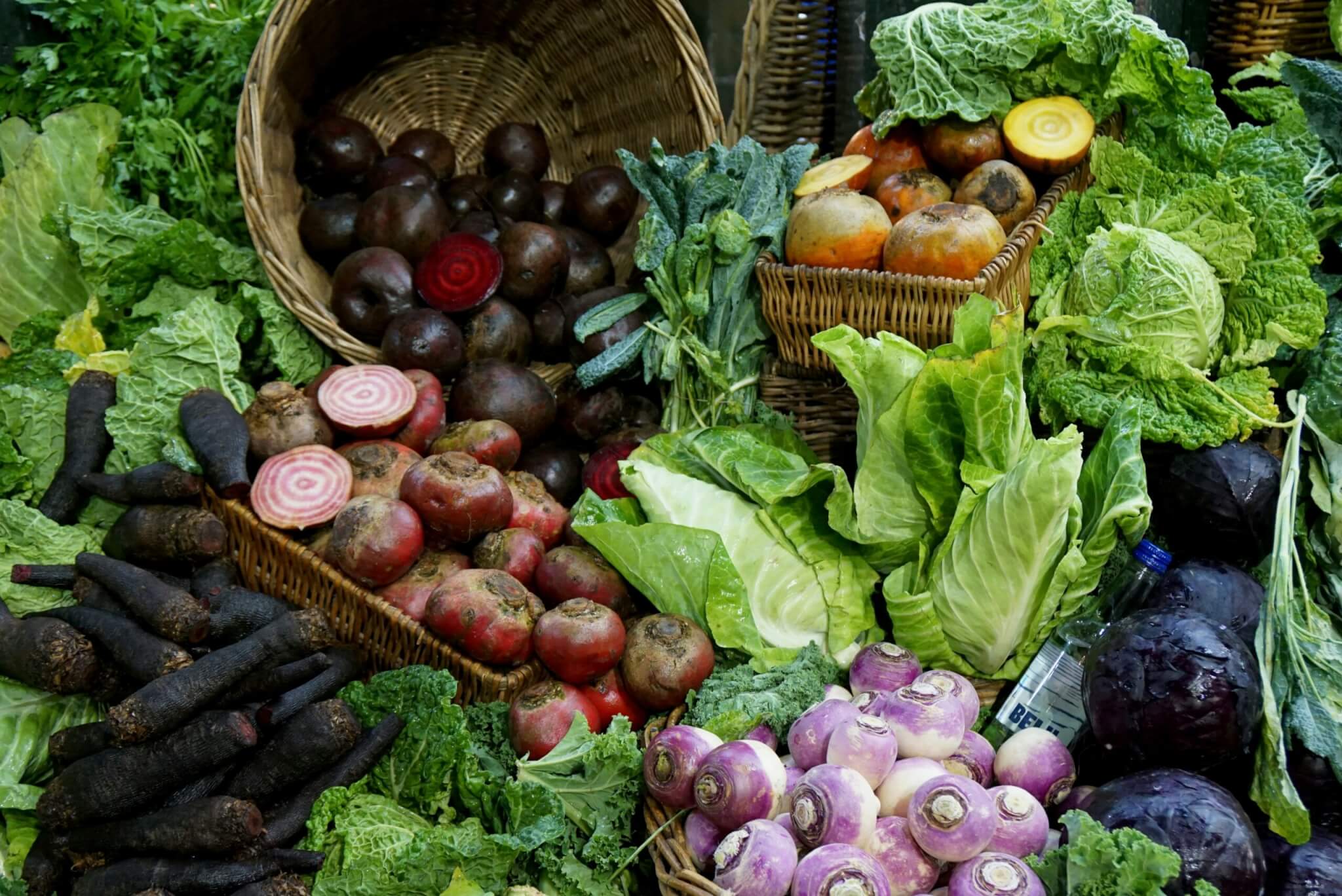More than 60 farmers have joined a new coalition calling on the government to support a transition to regenerative farming in response to soaring fertiliser costs caused by the Ukraine war.
The group, which has been coordinated by The Sustainable Food Trust, wants support in five areas and has signed a joint statement to make the request.
These include: a common vision to underpin a move to regenerative farming; a food strategy with financial support and regulation to enable a large-scale transition; a green finance package with preferential rates for farmers; fair prices and advance contracts linked to the true cost of food production; and universal measurement and labelling of sustainability.
Payments for “public goods”, like soil health and clean water, are already set to be included within new farmer subsidy schemes, but the new coalition makes a more urgent case based on the soaring costs of fertiliser caused by the war.
They say that food prices are being pushed up at a time of rising costs-of-living off the back of huge increases in the cost of energy and raw materials, like fertiliser.
Regenerative farmers use plant diversity combined with livestock manure, instead of chemicals, to increase fertility in the soil.
“UK farming has for the last 50 years been largely reliant on chemical fertilisers to grow our food, which has meant depending on countries like Russia,” said Peter Greig and Abby Allen of farmer-led sustainable meat supplier, Pipers Farm, who have signed their names.
“Clearly this cannot continue as it puts our food security at huge risk. We are facing a series of crises – farmers are being hit by the rising cost of inputs, which is pushing up food prices at a time when everyone also faces an energy crisis linked to Russian supplies.”
A new report from the Sustainable Food Trust, Feeding Britain, has mapped out how this approach could continue the UK’s current level of food production while moving away from reliance on global commodity exports. As an uncertified set of farming principles, regenerative farming also aims to reduce ploughing, can help restore wildlife on farms and store carbon within healthy soils.
Russia is one of the world’s biggest exporters of three key materials used to make artificial fertilisers – including nitrogen, phosphorus and potash.
Around one million tonnes of nitrogen fertiliser is currently used in UK agriculture. It is one of the biggest contributors to greenhouse gas emissions caused by farming, and has been identified in a report presented at COP26 as a “major driver of climate change”.
A growing number of UK farmers are starting to adopt regenerative practices, while others, including organic farmers, have worked without fertiliser for years.
Suffolk organic farmer John Pawsey said: “I started farming regeneratively about 22 years ago, building soil fertility through natural processes, including the use of organic farm manures and composts.
“I haven’t had to use chemical fertilisers on my land for 20 years now, which has saved me hundreds of thousands of pounds and means the food I’m growing is much more secure at times like this.”
Chief executive of the Sustainable Food Trust Patrick Holden said: “A transition to regenerative farming practices would help fight climate change, protect nature and our health as well as build national food security.”












Interesting comment – “I haven’t had to use chemical fertilisers on my land for 20 years now, which has saved me hundreds of thousands of pounds and means the food I’m growing is much more secure at times like this.” Yet he still asks for more money! Yet we have many living virtually “Hand to mouth” who ask for a ew pounds to put food on the table for their families and they get nothing! Makes you wonder doesn’t it? Just what sort of society are we turning into / have become where the profits of the few are more important than the lives of the many!
Having said that at least this farmer and many like him are trying to get back to the “old ways” which have been proved to work and funnily enough work well – it’s taken some time to get there. But this thing about profit worries me, we have many who say they are working towards the natural way of doing things rather than the so called modern way that is mainly destructive to all who come i contact with it – but still (bottom line) they are concerned with the modern god called Profit! I’m not against anybody making a modest profit out of their activities, if you can’t better your families life style in some way why bother trying? But for many the amount of profit has become obscene!
In going the way these “regenerative” farmers are going I fully support them – but – let us please start telling the truth about one of the main reasons they are doing it!
the Walrus
Walrus, that last comment you made regarding why farmers are moving to regenerative farming is ignorant. Please go and visit these farms before making comments like this.